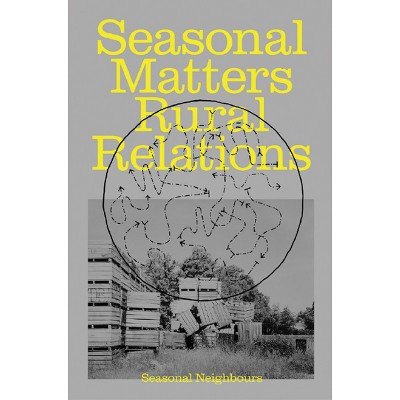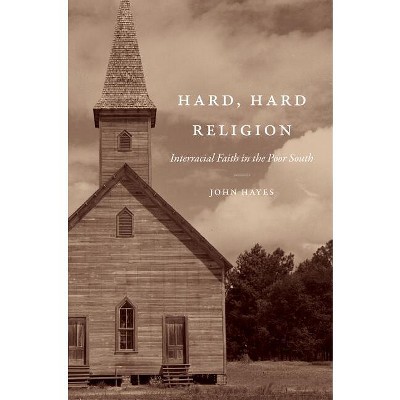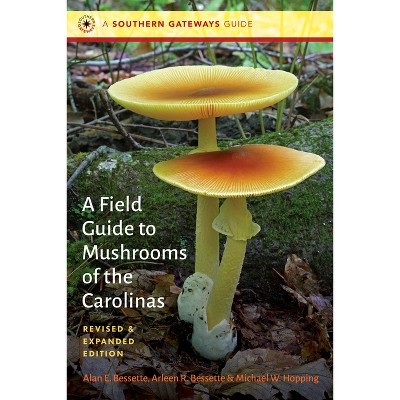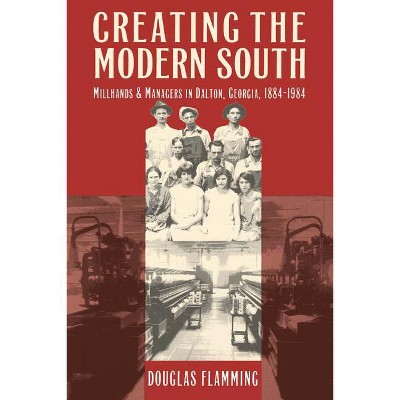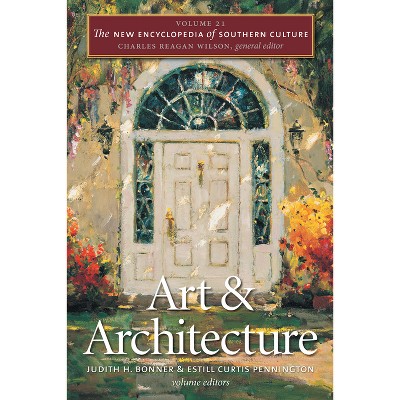Sponsored

Baptized in PCBs - (New Directions in Southern Studies) by Ellen Griffith Spears (Paperback)
In Stock
Sponsored
About this item
Highlights
- In the mid-1990s, residents of Anniston, Alabama, began a legal fight against the agrochemical company Monsanto over the dumping of PCBs in the city's historically African American and white working-class west side.
- Author(s): Ellen Griffith Spears
- 464 Pages
- History, United States
- Series Name: New Directions in Southern Studies
Description
About the Book
Baptized in PCBs: Race, Pollution, and Justice in an All-American TownBook Synopsis
In the mid-1990s, residents of Anniston, Alabama, began a legal fight against the agrochemical company Monsanto over the dumping of PCBs in the city's historically African American and white working-class west side. Simultaneously, Anniston environmentalists sought to safely eliminate chemical weaponry that had been secretly stockpiled near the city during the Cold War. In this probing work, Ellen Griffith Spears offers a compelling narrative of Anniston's battles for environmental justice, exposing how systemic racial and class inequalities reinforced during the Jim Crow era played out in these intense contemporary social movements.
Spears focuses attention on key figures who shaped Anniston -- from Monsanto's founders, to white and African American activists, to the ordinary Anniston residents whose lives and health were deeply affected by the town's military-industrial history and the legacy of racism. Situating the personal struggles and triumphs of Anniston residents within a larger national story of regulatory regimes and legal strategies that have affected toxic towns across America, Spears unflinchingly explores the causes and implications of environmental inequalities, showing how civil rights movement activism undergirded Anniston's campaigns for redemption and justice.
Review Quotes
"Baptized in PCBs is a richly textured history of Anniston, Alabama, and the movements of chemicals, capital, and people over a century that transformed it into one of the most toxic towns in the U.S. Spears offers a compelling and compassionate account of the South's hope for the chemical industry in the wake of Reconstruction and the environmental and racial inequalities that accrued over time. It is a telling tale of toxic secrets and legal challenges and the heartbreaks and triumphs that are familiar to toxic towns across America seeking redemption and justice." -- Gregg Mitman, author of Breathing Space: How Allergies Shape Our Lives and Landscapes
"A significant and richly detailed study of environmental justice." -- Journal of American History
"A tale of civic redemption." -- Anniston Star
"A well-written and well-documented account of the importance of environmental justice." -- CHOICE
"An important study in the ongoing effort to document and understand the huge legacy of environmental racism in our past. Hopefully this story will help spur us to fight against the ongoing scourge of environmental injustice in frontline communities." -- Bill McKibben, author of Deep Economy: The Wealth of Communities and the Durable Future
"Exquisitely fulfills sensory history's potential, advancing concern for the health of natural systems while expressing deep commitment to exposing the historical roots of racial and economic inequality." -- Labour/Le Travail
"Makes a powerful case for considering health and environmental activism as integral components of the long civil rights movement. . . . Scholars will be metabolizing Spears's observations for years to come." -- The Journal of Southern History
"Spears constructs a thoughtful and nuanced narrative that supports a call for reform in the manufacture, use, and regulation of the chemical industry and military-industrial complex." -- H-Net Reviews
"Spears' writing is clear and interesting, and she explains the complexities of chemical bonds with the same eloquence that she describes the events that took place in Anniston when Freedom Riders rode through the town in 1961. . . . An excellent addition to the fields of environmental, southern, and Alabama history." -- The Alabama Review
Shipping details
Return details
Frequently bought together

Trending Non-Fiction








